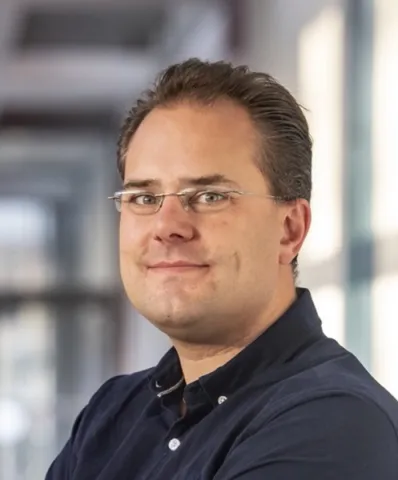About the project
In this project, you will study and explore the entire computational chain, exploring the interaction of classical dimensionality reduction methods with subsequent quantum encoding strategies, coupled with efficient quantum machine learning performed on the low-dimensional, encoded state.
The University of Southampton is expanding its PhD research in the area of Quantum Technology Engineering. In addition to the research project outlined below you will receive substantial training in scientific, technical, and commercial skills.
This project looks at efficient quantum machine learning strategies, where near term quantum computers promise significant computational gains in a range of machine learning applications. Whilst advantages due to quantum parallelism and entanglement have been shown in a range of applications, efficient encoding of classical information into an entangled quantum state is known to be computationally challenging in general.
Depending on the task, this will be coupled to a novel statistical decoding stage that will convert quantum measurements back into classical image information.
This project is inspired by problems in computational imaging and in particular in tomographic imaging, where we typically deal with large, three dimensional data. Due to the data size, using traditional machine learning approaches remains extremely challenging. Methods that can effectively exploit quantum parallelism would thus allow the development of more efficient methods for common problems such as image classification, anomaly detection and image de-noising.
Using theoretical algorithm development and simulated quantum computational experiments, in this PhD you will explore quantum computing strategies that use traditional computational methods to adaptively map an image into a lower dimensional representation. This representation can then be efficiently encoded as a quantum state. Starting with image classification and working towards more complex problems, specialised quantum computational algorithms can then be developed to efficiently operate on the embedded data.
This project has scope for the student to pursue their own interest and offers the opportunity to direct the focus on theoretical mathematical concepts, theoretical algorithm development and applied computational experiments.
